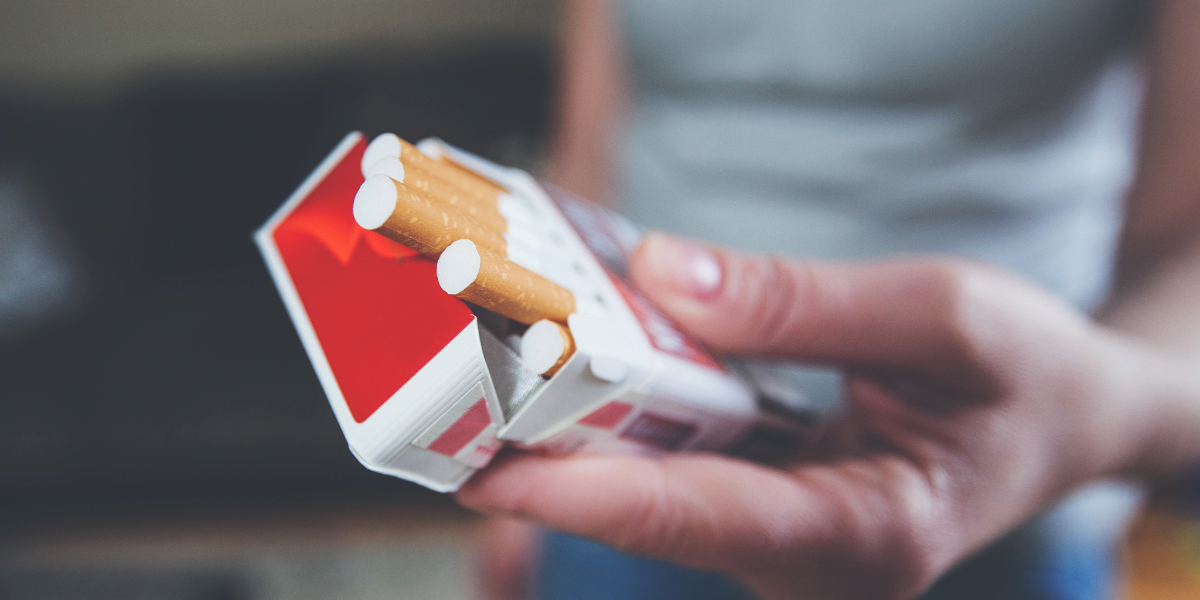The NSW Government has announced sweeping new measures to combat the illegal tobacco trade, just days before submissions close for a parliamentary inquiry into the issue.
The Parliamentary Inquiry, launched in May by the Legislative Council’s Justice and Communities Committee, is investigating the scale and impact of the illicit tobacco market across the state, with particular attention to organised crime links, threats to public health, and the economic harm to legitimate businesses. Submissions close this Friday, 1 August.
In response to growing community concern, the state government has introduced a new licensing scheme that came into effect on 1 July. A grace period applies until 1 October, after which all retailers and wholesalers must hold a valid tobacco licence. The scheme includes mandatory criminal background checks and gives authorities the power to deny licences to applicants with relevant convictions.
Severe penalties have been introduced for non-compliance, including fines of up to $11,000 for individuals on a first offence and $220,000 for corporations. NSW Health has committed to doubling its number of inspectors to enforce the scheme.
Illegal tobacco products have become increasingly available as the tax on and restrictions became so high that it became a profitable venture for organised crime to sell untaxed illegal products. Plain packaging, health warnings, restrictions on how smokes are displayed and education about the dangers of cigarettes have all helped lower smoking rates in recent decades, but the progressively increasing tax that was also supposed to discourage smoking seems to have gone too far.
New tobacconists selling illegal cigarettes are continuing to pop up across the region, with one in Uralla opening just weeks ago being welcomed on social media with celebratory posts.
Rather than re-evaluating the policy framework or moving to a harm minimisation approach, most states have opted for a hardline approach. Today’s announcement from the NSW Government follows a similar move from Queensland last year that resulted in 6 stores being forcibly closed on Friday.
The NSW Government has also unveiled a package of legislative reforms aimed at significantly increasing penalties for serious offenders. Under the new laws announced Sunday by Minister for Health Ryan Park, the maximum penalty for the commercial possession or sale of illicit tobacco will rise to $1.5 million or up to seven years in prison.
“We are disrupting the business model of the large-scale criminals who profit from addiction, tax evasion, and putting young people at risk,” Minister Park said.
“This isn’t just a serious health issue, it’s about fairness, because these illegal operators are undercutting small businesses that are doing the right thing.”
The reforms include short-term and long-term closure orders for businesses caught selling illegal tobacco or vapes, lease termination powers for landlords, and new offences for breaching closure orders or attempting to reclaim seized goods.
NSW Health data shows the scale of the problem. In the first half of 2025, over 700 inspections led to the seizure of more than 90,000 illegal vaping products and six million cigarettes, with a combined street value of nearly $10 million. Around 150 penalty notices have been issued, totalling over $316,000 in fines.
The NSW Coalition has also flagged its intention to introduce a Private Member’s Bill to further tighten regulations. The proposed Stopping Illicit Tobacco Bill would create new offences for landlords who knowingly allow their premises to be used for illicit sales, increase penalties for offenders, and expand closure order powers for NSW Health and the courts.
Glen Innes Severn Council is among the regional bodies leading the charge on the issue, passing a resolution in June to make a formal submission to the inquiry. Their submission will call for increased enforcement resources in rural areas and planning reform to give councils greater control over the establishment of tobacco outlets.
“This is not just a local issue—it’s become more and more a problem across the region,” said Mayor Margot Davis.
“A coordinated response will send a stronger message to government that rural and regional communities will not tolerate the unchecked spread of illegal tobacco.”
Inverell Shire Council also voted at its July meeting to make a submission to the inquiry, citing the proliferation of tobacco outlets and associated impacts in the region. The submission will support tougher regulation but stress that enforcement must remain the responsibility of state and federal authorities.
More information about the inquiry, including how to make a submission, is available on the NSW Parliament website.
Read all the way through to the end of the story? So did lots of other people. Advertise with New England Times to reach New England locals who are interested and engaged. Find out more here.

